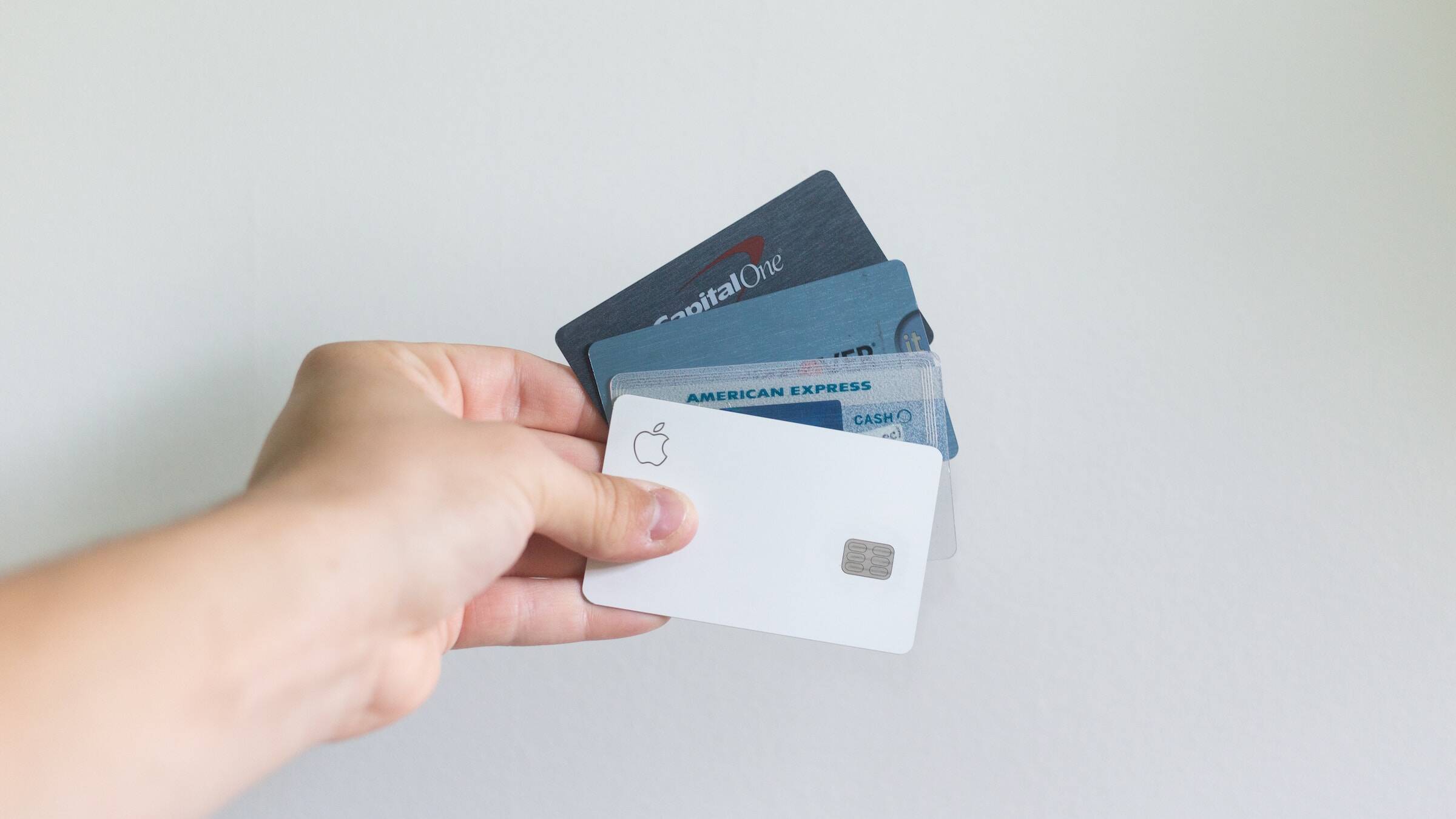Are reimbursed credit card fees tax exempt?
You’ve used your personal credit card to buy items for your company. Of course, you’ll be reimbursed by the company tax and NI free, but what’s the position if your company also pays the corresponding credit card charges?

Job expenses
If a company (or other employer) reimburses a director or employee for a job-related expense, the payment is exempt from income tax and NI if, had the reimbursement not been made, the individual could claim it as a tax deduction from their earnings.
A deduction is only allowed if the director or employee:
- is “obliged to incur and pay it as holder of the employment”; and
- the expense is “incurred wholly, exclusively and necessarily in the performance of the duties of the employment” .
At first sight both rules seem to deny a tax deduction, and thus the exemption for reimbursement where, e.g. a director makes a purchase of goods on behalf of their company. Such purchases are rarely an obligation of the employment and even more rarely necessary for their work.
Whose expense?
HMRC’s view, which we agree with, is that in the circumstances described above the director or employee is simply the buying agent for the employer, i.e. the purchase is really an expense for the business and not incurred as part of the worker’s job. They merely facilitated it. So, the reimbursement can be ignored for the employee’s tax and NI purposes. However, the tax and NI treatment of reimbursed credit card or similar charges resulting from the purchase is trickier.
Different rules apply
The argument used for the tax and NI-free reimbursement of the cost of the stock can’t be applied to credit card charges . This is because the card charges are not an expense of the company but that of the employee or director, even though they result from a purchase made in connection with the business they work for.
Employee’s expense
If an employee incurs an expense as a result of their job and their employer reimburses it, it counts as earnings. Only where the conditions already mentioned are met will the reimbursement be exempt, otherwise it must be treated as if it were extra salary and PAYE tax and NI applied accordingly. Personal credit card charges don’t fit the exemption rules. Even though it might seem unfair to tax and apply NI to reimbursement for the purpose of the employer’s business, the rules must be applied.
What should employers do?
HMRC offers no clear guidance regarding reimbursement for personal credit card charges. The inference is that the general rules regarding tax and NI exemption must apply. Therefore, as an employer if you reimburse a director or employee for such costs you should apply PAYE tax and Class 1 NI to the reimbursement.
Regardless of how the reimbursement is treated by an employer, if a director or employee considers that credit card interest is tax deductible they can claim tax relief although they may have to justify their claim to HMRC
Related Articles
-
Sharing salary with your partner
You’re a director with a substantial salary and your partner isn’t working right now. If you could split your salary with your partner the tax saving would make a real difference. How can you legitimately share your salary to improve the overall tax position?
-
Are you including too much income in your calculations?
Your business is partly exempt and you claim input tax on your mixed costs and general overheads by using the standard method based on turnover splits. What income should you exclude from the calculations?
-
Directors’ fees - can you escape PAYE?
You’ve been asked to join the board of a company in a purely advisory role. For tax and NI efficiency you want your fees to be paid to your own company. Does this arrangement fall foul of HMRC’s off-payroll rules?